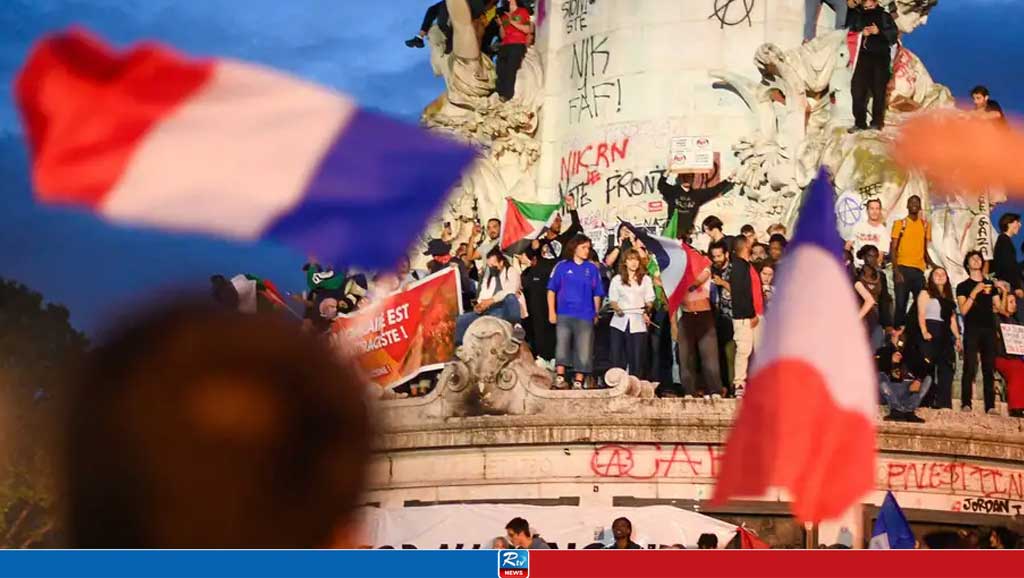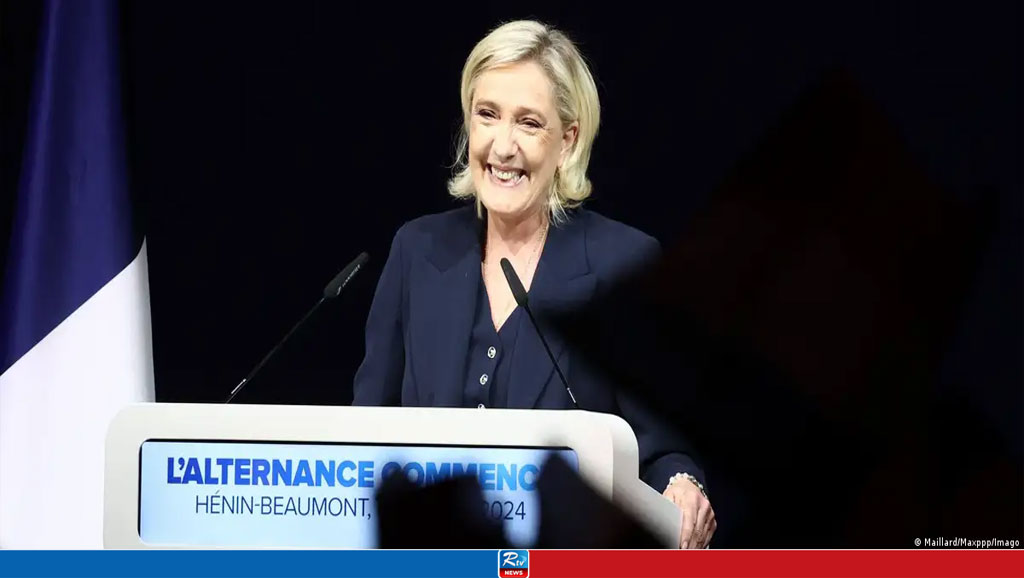French election: Voting begins in watershed snap poll
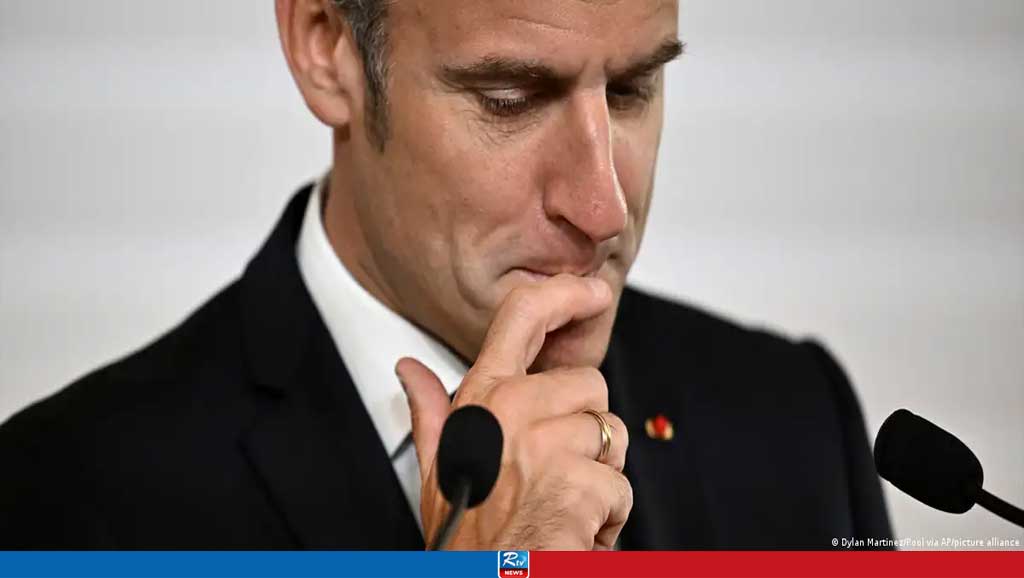
Voters are heading to the polls in the first round of the 2024 French legislative elections. President Macron called a surprise snap election following his party's loss in European parliamentary elections.
Polling stations open in exceptional parliamentary elections
Voters across mainland France have begun casting their ballots in the country's snap election, with polling stations opening at 8 a.m. (0600 GMT/UTC).
First projections of results are expected at 8 p.m. (1800 GMT/UTC), which is when the final polling stations are scheduled to close.
Preliminary official results are then expected later on Sunday evening.
Voters in France's overseas territories cast ballots earlier in the weekend.
Some 49 million people are eligible to vote.
The election was called by President Emmanuel Macron after his party suffered a resounding defeat at the hands of the far-right National Rally (RN) in European Parliament elections early in June.
Polls suggest that the National Rally has a chance at winning a parliamentary majority, which would put France under the control of far-right forces for the first time since the Nazi era.
The election is also being contested by a new leftist alliance, the New Popular Front (NPF), recently established to contest the elections.
The Ensemble (Together) grouping led by Macron's Renaissance party was trailing in third place in preelection surveys, ahead of the conservative Republicans (LR).
Who are the competing parties in France's snap election?
The election features four major blocs competing for seats in the National Assembly:
The New Popular Front is a coalition of left-wing parties and the Greens. It was formed earlier this month after the snap elections was called by President Emmanuel Macron. Its platform includes overturning immigration and pension reforms, a wealth tax and increasing the minimum wage. It also wants to "immediately recognize the Palestinian state" and stop "the French government's guilty support" for Israeli Prime Minister Benjamin Netanyahu's government. It currently holds 149 seats.
Macron's Renaissance party is part of the Ensemble (Together) coalition. The centrist, pro-EU and pro-NATO alliance aims to make France's economy and workforce more competitive. The alliance is a staunch supporter of Ukraine's fight against Russian forces. It currently holds 250 seats.
The center-right Republicans are pro-business, but they're a party that has shrunk massively after ruling France for decades. Currently, they hold 61 seats.
Marine Le Pen's far-right National Rally, projected to win the most number of seats this election, is anti-immigration and anti-EU. The coalition is known to have political and financial ties to Russia. It currently holds 88 seats. Its president, Jordan Bardella, has said that if chosen as prime minister, he would not allow French missiles to be delivered to Ukraine that can strike targets within Russia itself, let alone send troops to the conflict, an idea floated by Macron.
How does the French voting system work?
France has 577 constituencies and each sends one delegate to the National Assembly in Paris.
Candidates securing more than 50% of the vote in the first round are elected, but that is rare.
Candidates who receive at least 12.5% of registered votes go through a second decisive round that will be held on July 7. The top scorer wins.
The election is not meant to replace President Macron, whose second and final term in office lasts until 2027.
But he will need to select a prime minister from the ranks of the party that secures a majority in the National Assembly or lower house of parliament.
If either the far-right or left-wing alliance win, Macron would be forced into a period of "cohabitation." The term refers to periods when the president and prime minister come from different political camps, thus dividing executive power.
In the case of the far-right National Rally, that would be the party's president Jordan Bardella, rather than Le Pen, who heads the RN's parliamentary group.
The prime minister is responsible for domestic laws, while Macron will remain head of the military and in charge of decisions concerning foreign policy.
If there is no majority, the president can name a prime minister from the group with the most seats in the National Assembly.
Why is France holding a snap election?
French President Emmanuel Macron took a major political gamble by calling legislative elections after his centrist party was trounced by the far-right National Rally (RN) party of Marine Le Pen in the European Parliament elections earlier this month.
The RN is ahead in pre-election polling, so the country could see its first far-right government since the World War II Nazi occupation.
The new leftist New Popular Front (NFP) alliance was formed this month and is in second place, while Macron's centrist alliance that includes his Renaissance party is trailing in third.
Macron's ruling Renaissance party has 169 lawmakers in the National Assembly, the biggest grouping in the 577-seat chamber. The National Rally is the largest party in opposition with 88 seats.
Analysts see the RN taking most seats, but it is unclear whether the party will secure the 289 seats needed for an absolute majority.
Comments
7.4 Magnitude Earthquake Hits Vanuatu, Killing 14 and Leaving Thousands Affected
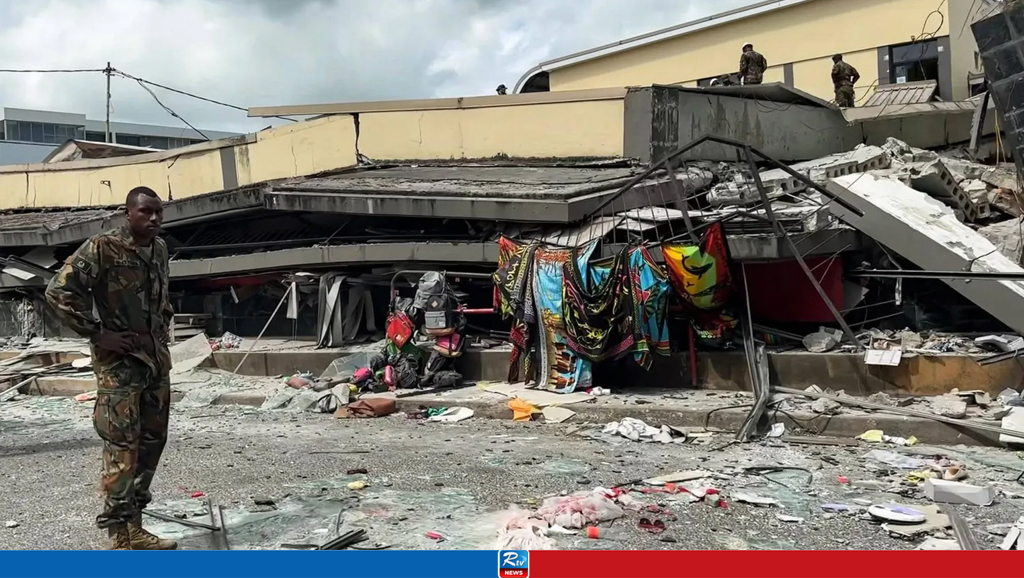
Trump Threatens to Impose Additional Tariffs on Indian Goods
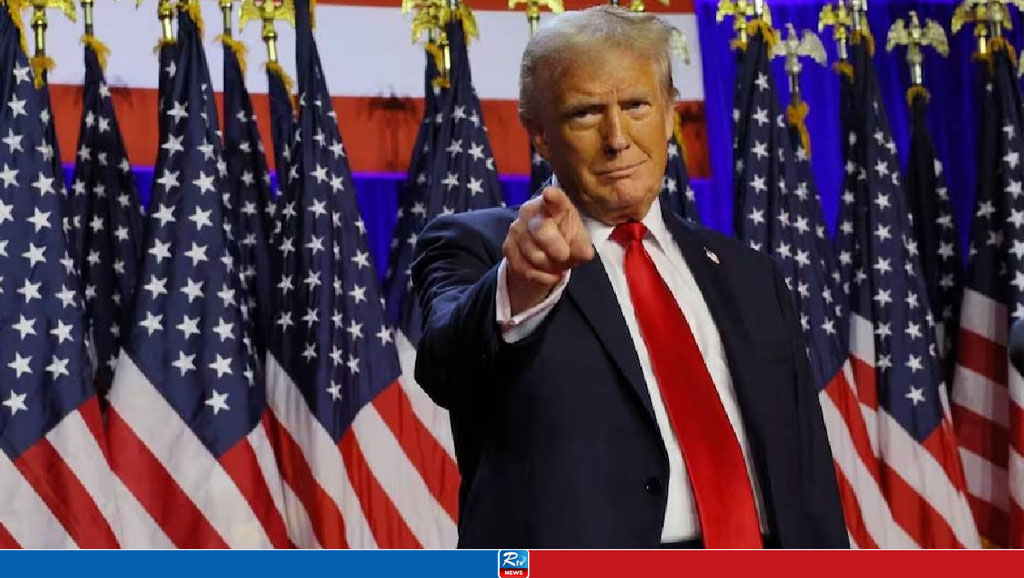
Germany: Dresden Opera Visitors Fall Sick
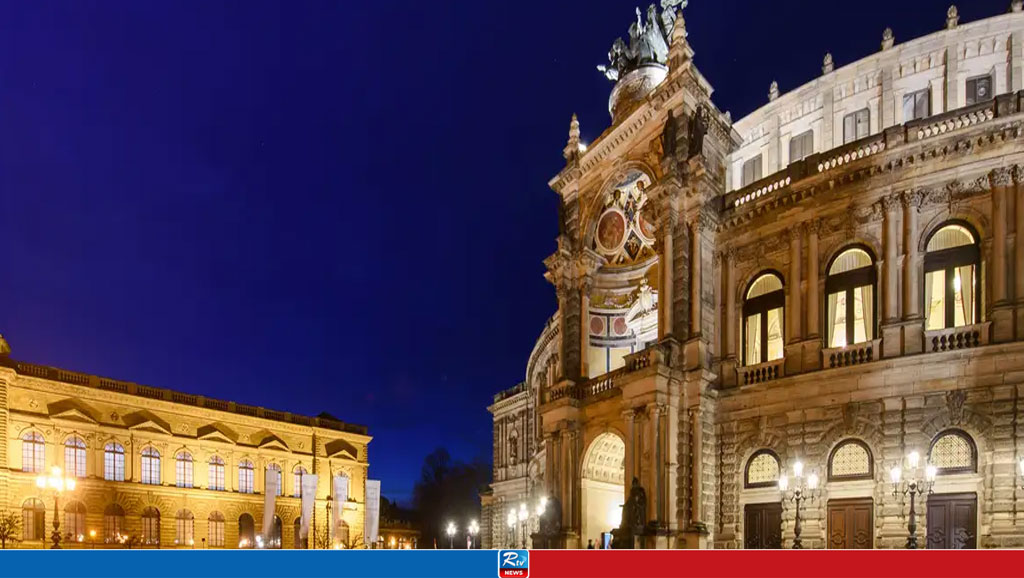
US Responds to Sheikh Hasina’s Alleged Role in Enforced Disappearances
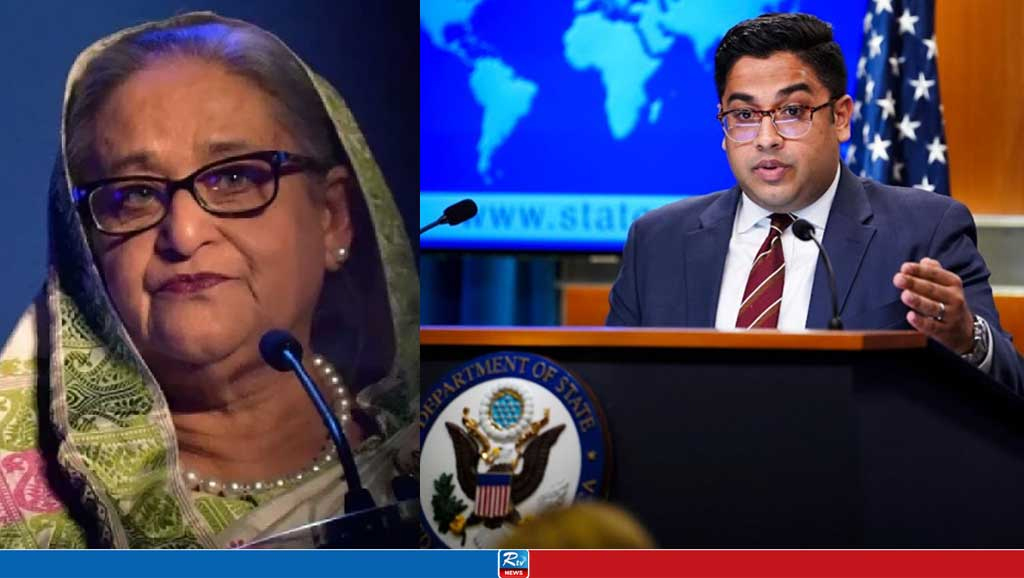
Chinese National charged with Acting as Beijing's Agent in Local California Election
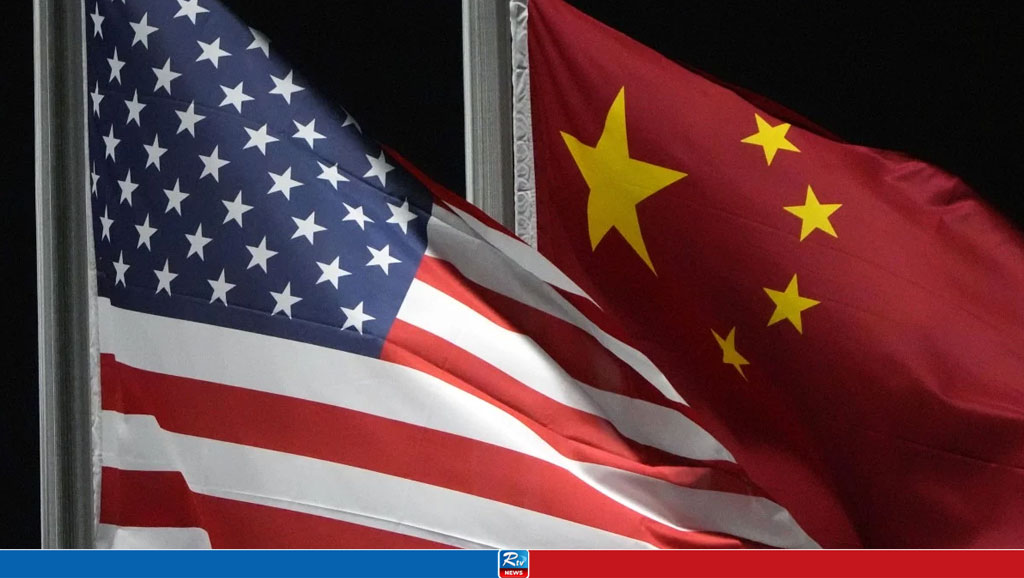
Can China Shield the Biggest Uninsured Economy From Floods?

China Taken Efforts Consistent with 'Transnational Repression': US
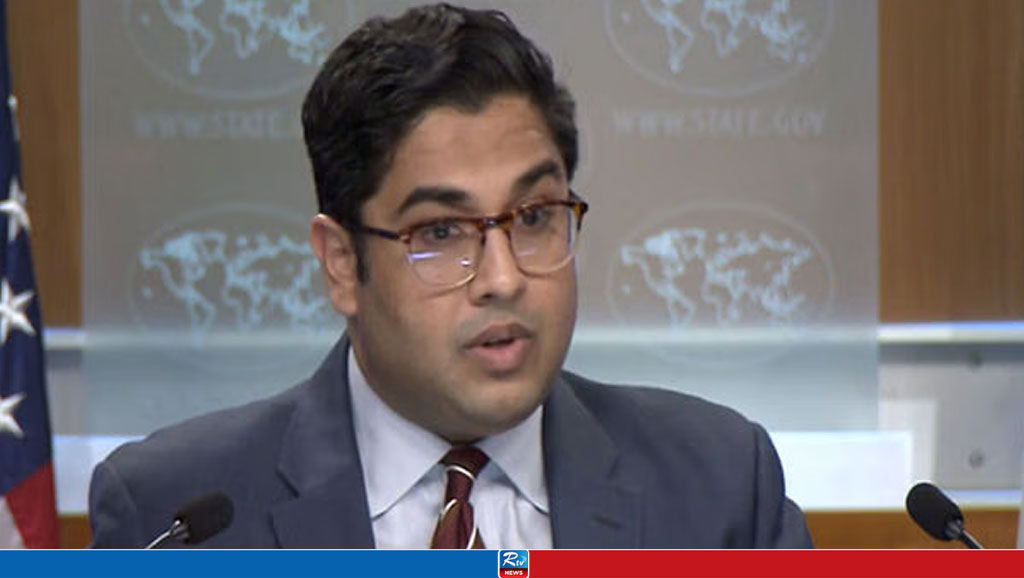

 Live Tv
Live Tv


